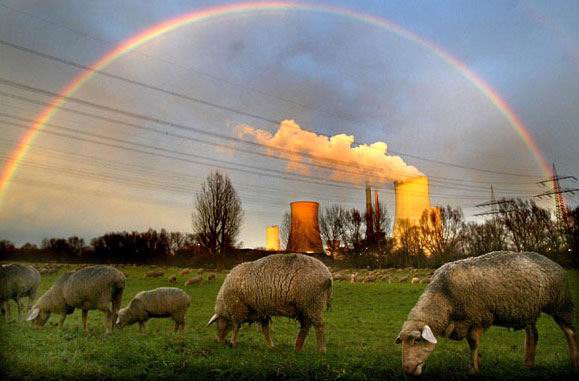|

Visit my main page at
What
is Environmental Sociology?
http://trochim.human.cornell.edu/gallery/Neto/Envsoc1.html
Environmental
sociology is the study of the reciprocal interactions between the physical environment, social organization, and social behavior.
Within this approach, environment encompasses all physical and material bases of life in a scale ranging from the most micro
level to the biosphere.
An important development of this subdiscipline was the shift from a "sociology of environment"
to an "environmental sociology." While the former refers to the study of environmental issues through the lens of traditional
sociology, the latter encompasses the societal-environmental relations (Dunlap and Catton, 1979; Dunlap and Catton, 1994).
A diversity of paradigms, themes, and levels of analysis have characterized environmental sociology. However, despite
this diversity, a minimal identity of the subdiscipline has been established through significant empirical research and a
theoretical contribution "self-consciously fashioned as a critique to 'mainstream' sociology" (Buttel, 1987:468). Two key
contributions to this critique are the joint work of Riley Dunlap and William Catton Jr. and that of Allan Schnaiberg. While
the former work of Dunlap and Catton, has been more influential within the subdiscipline, Schnaiberg's work has shaped the
discipline as a whole (Buttel, 1987).
Early work of Catton and Dunlap (1978; 1980) emphasized the narrow anthropocentrism
of classical sociology. The HEP-NEP distinction--"human exemptionalism 'paradigm' and new ecological 'paradigm'"--contrast
traditional sociological thought and emerging environmental sociology. Schnaiberg's contribution came with the development
of the notions of "societal-environmental dialectic" and the "treadmill of production" (1975; 1980). Contrary to Dunlap and
Catton, his work is rooted in Marxist political economy and neo-Marxist and neo-Weberian political sociology.
|

